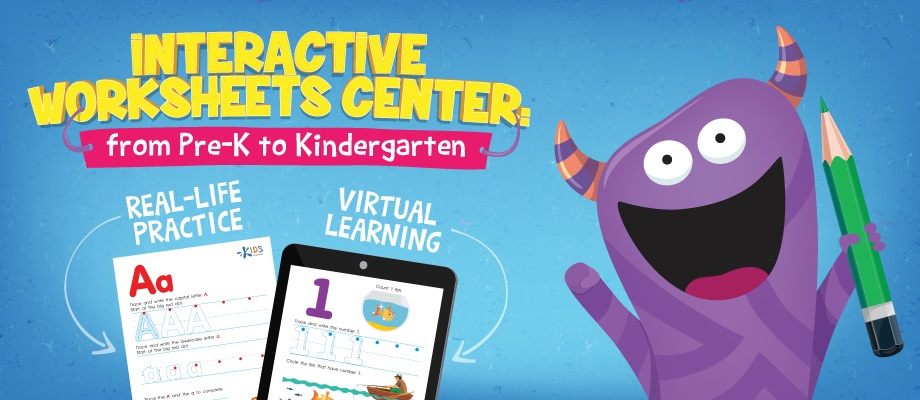Historical Knowledge Normal Worksheets for Ages 3-8
27 filtered results
-
From - To
Introduce young learners to the fascinating world of history with our "Historical Knowledge Normal Worksheets for Ages 3-8." Designed to engage curious minds, these worksheets cover essential historical topics, fostering a love for learning through fun and interactive activities. Children will explore significant events, famous figures, and diverse cultures, enhancing their understanding and appreciation of the past. Perfect for classroom or home use, our expertly crafted worksheets promote critical thinking, creativity, and knowledge retention in young students. Give your child a head start in historical knowledge and learning skills with our captivating and educational worksheets!
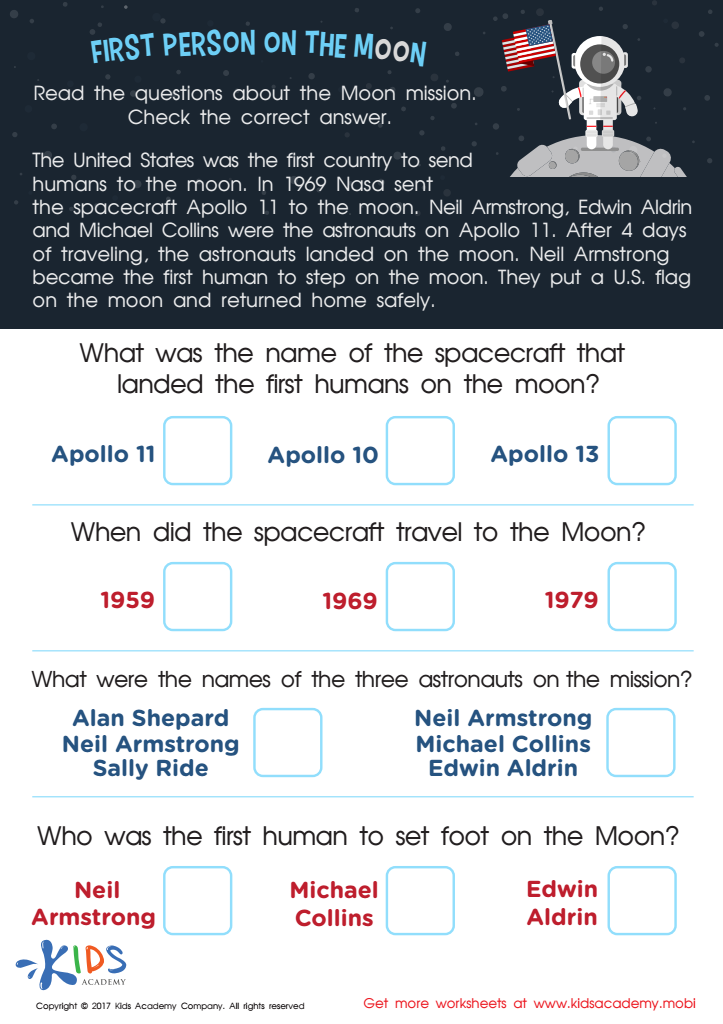

First Person on the Moon Worksheet


White House Worksheet
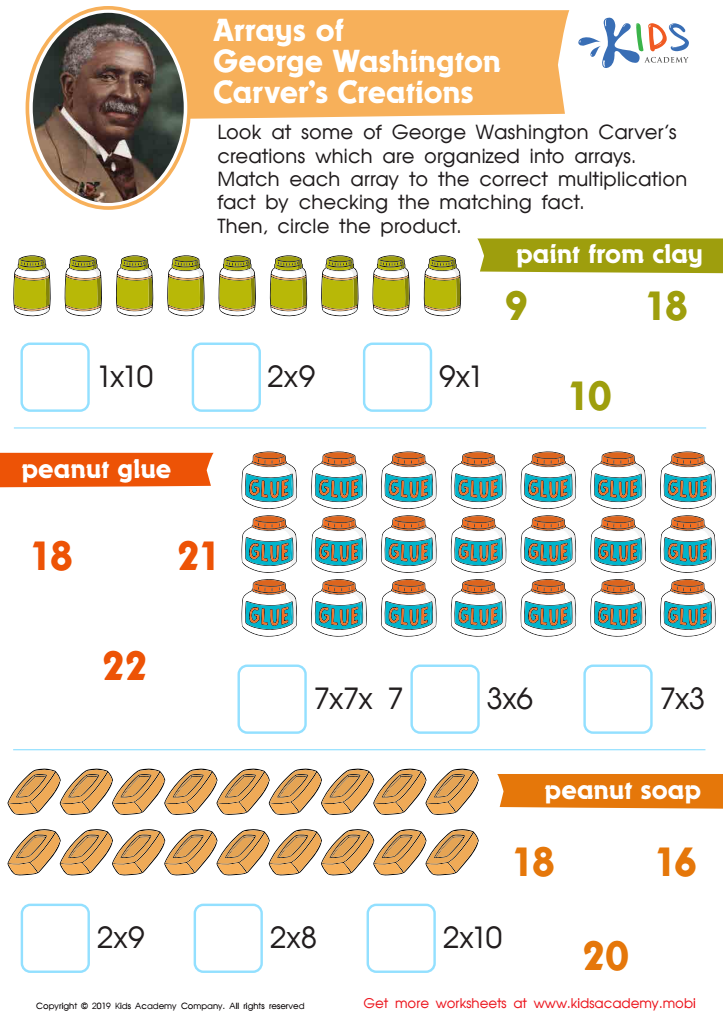

Arrays of George Washington Carver’s Creations Worksheet
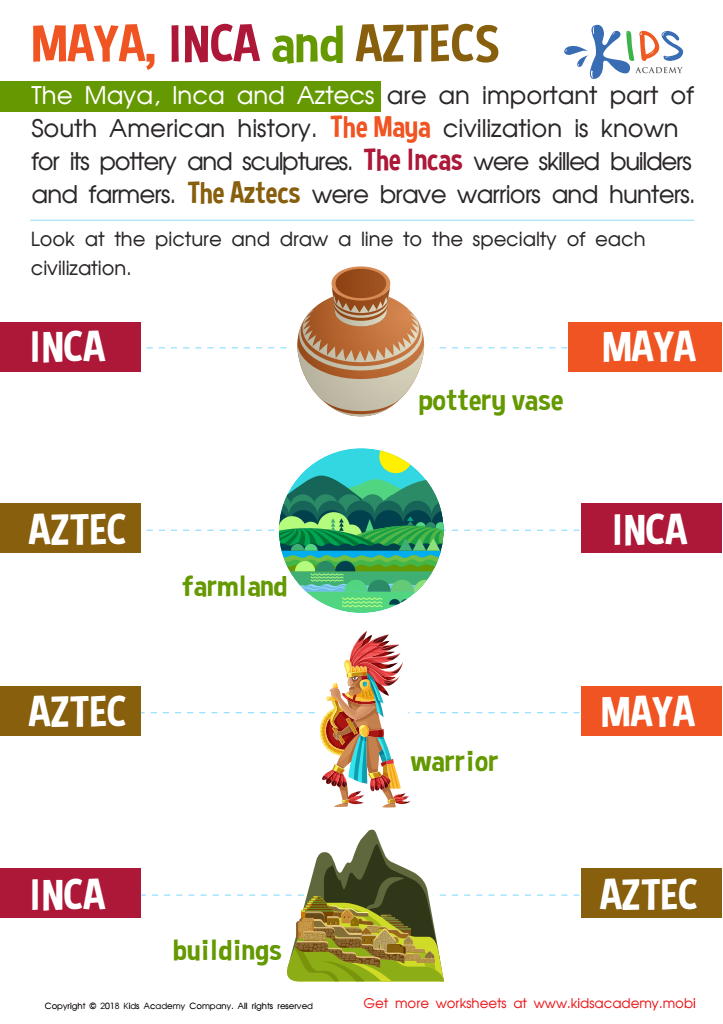

Maya, Inca and Aztecs Worksheet
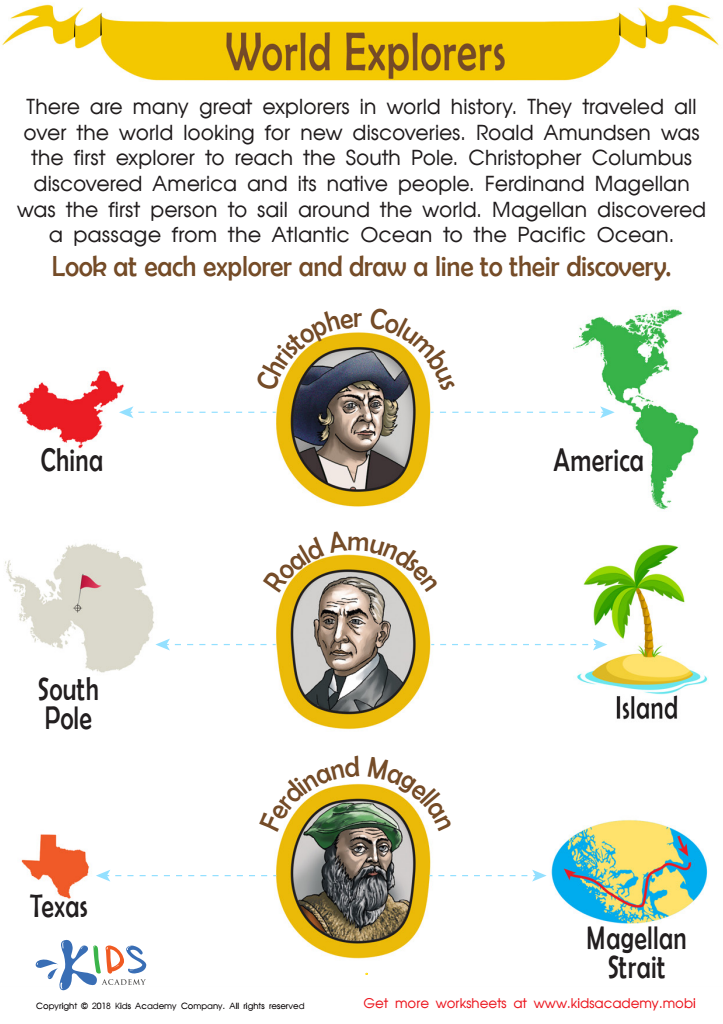

World Explorers Worksheet
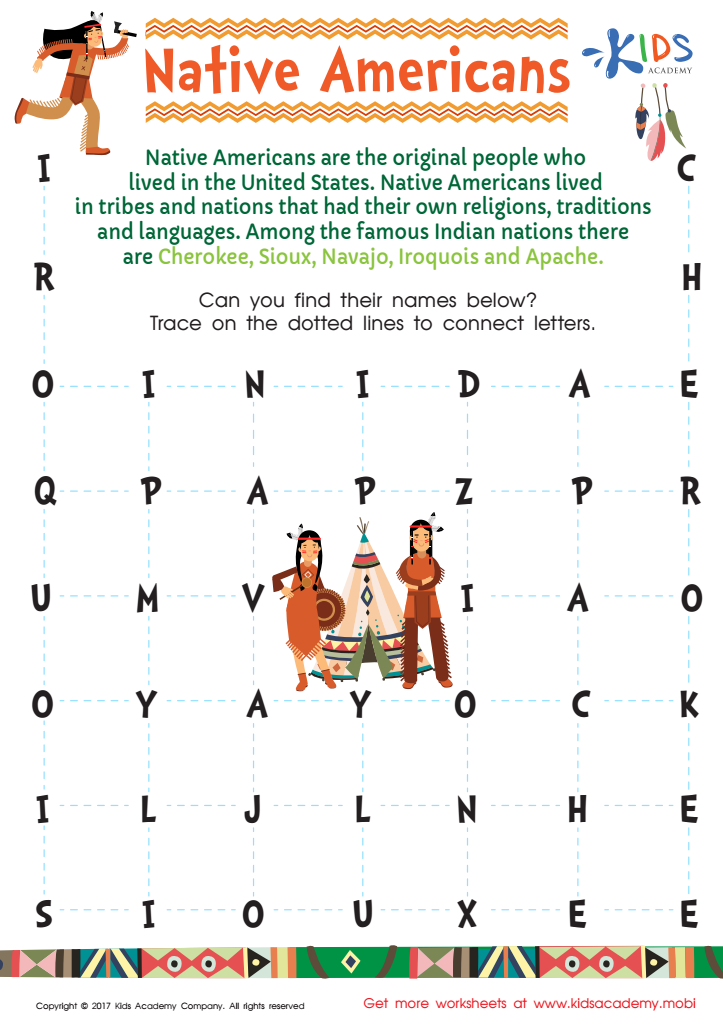

Native American Word Search Printable
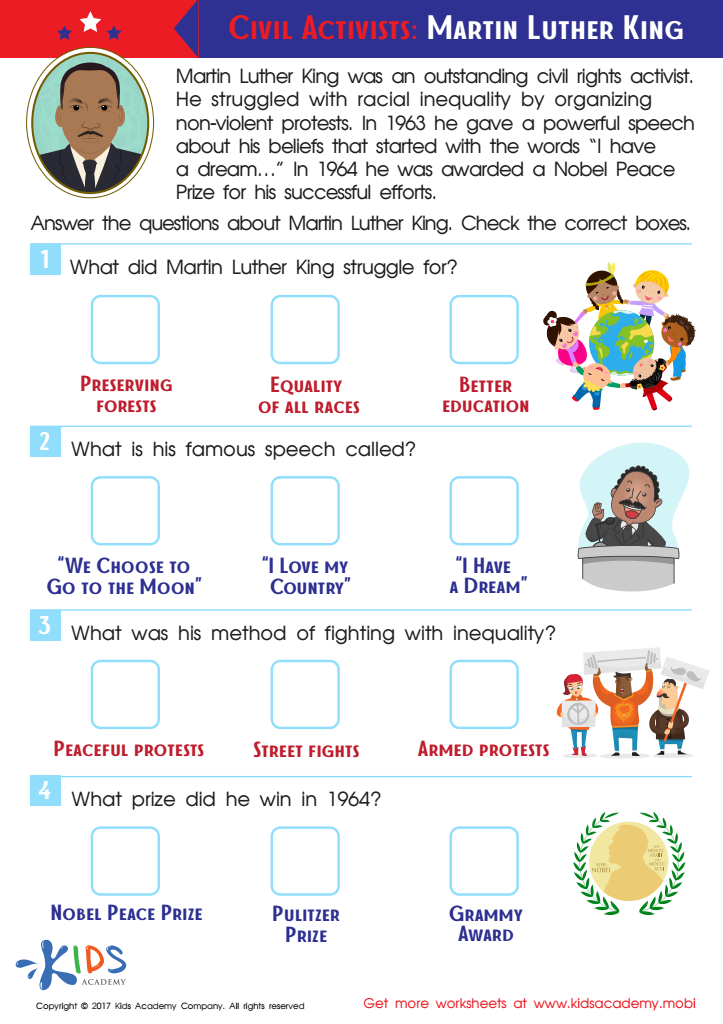

Martin Luther King Worksheet


Benjamin Franklin Worksheet
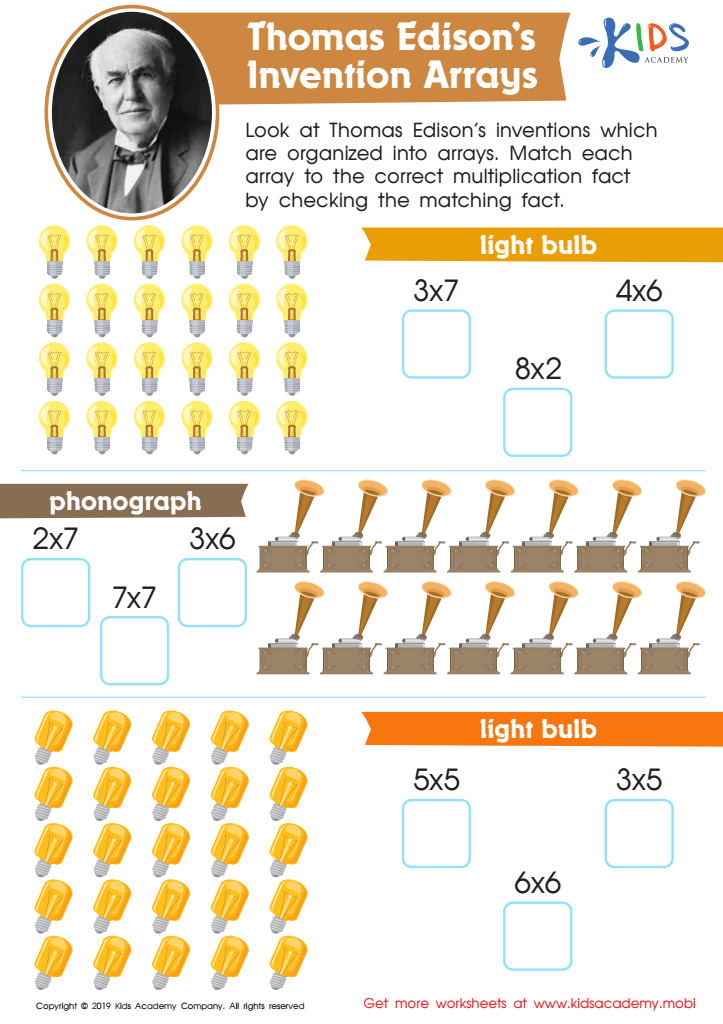

Thomas Edison’s Invention Arrays Worksheet
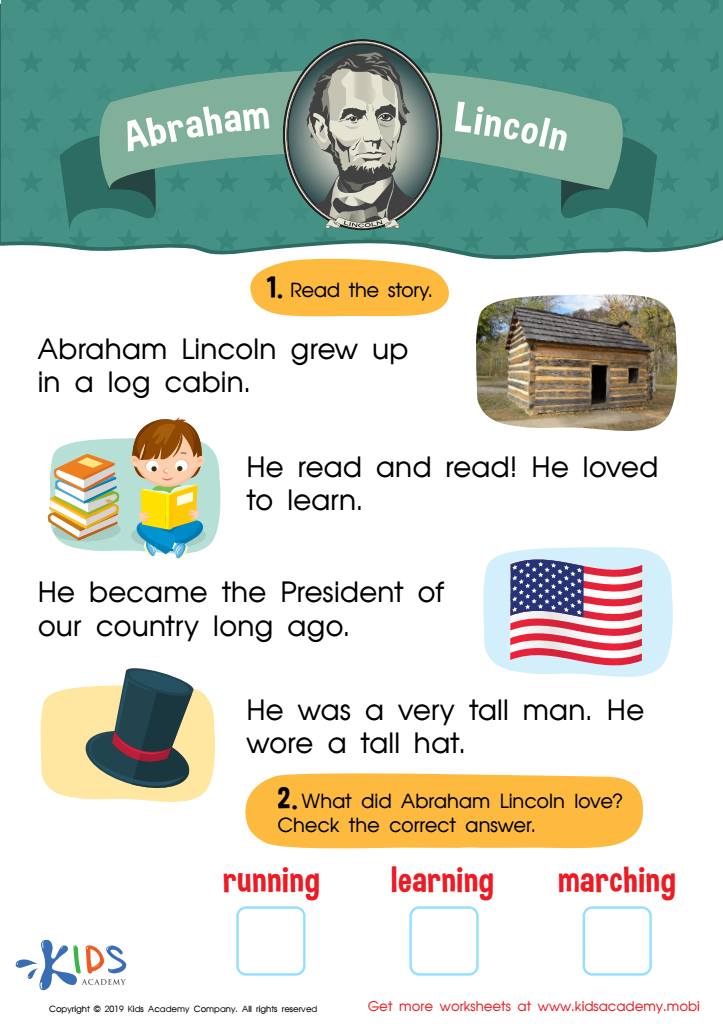

Abraham Lincoln Worksheet
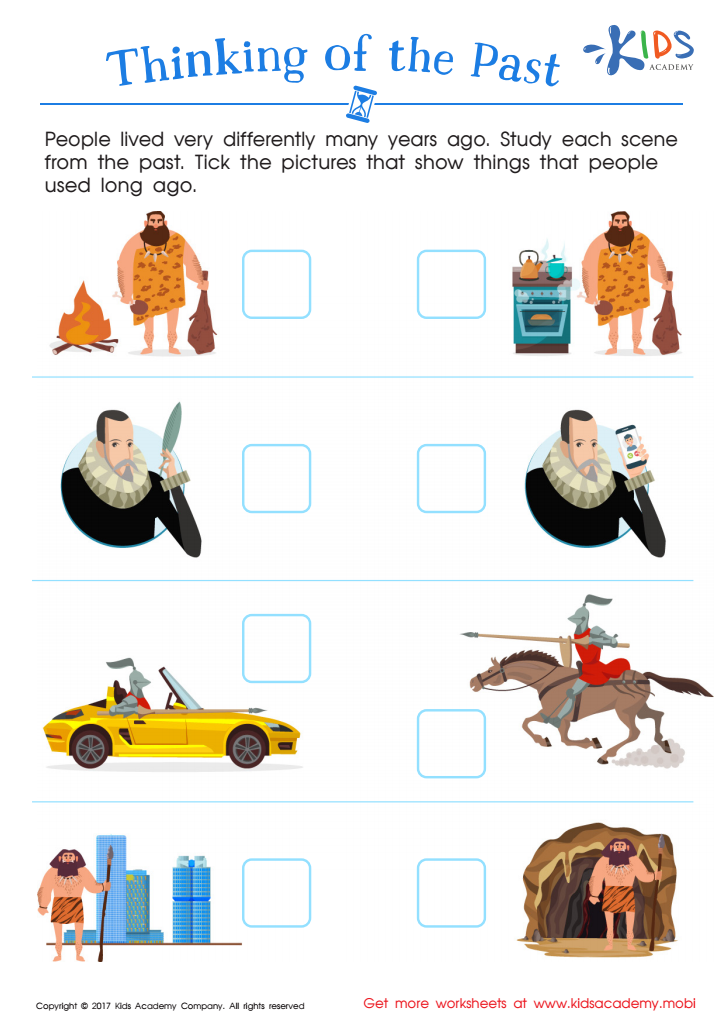

Thinking Past Printable
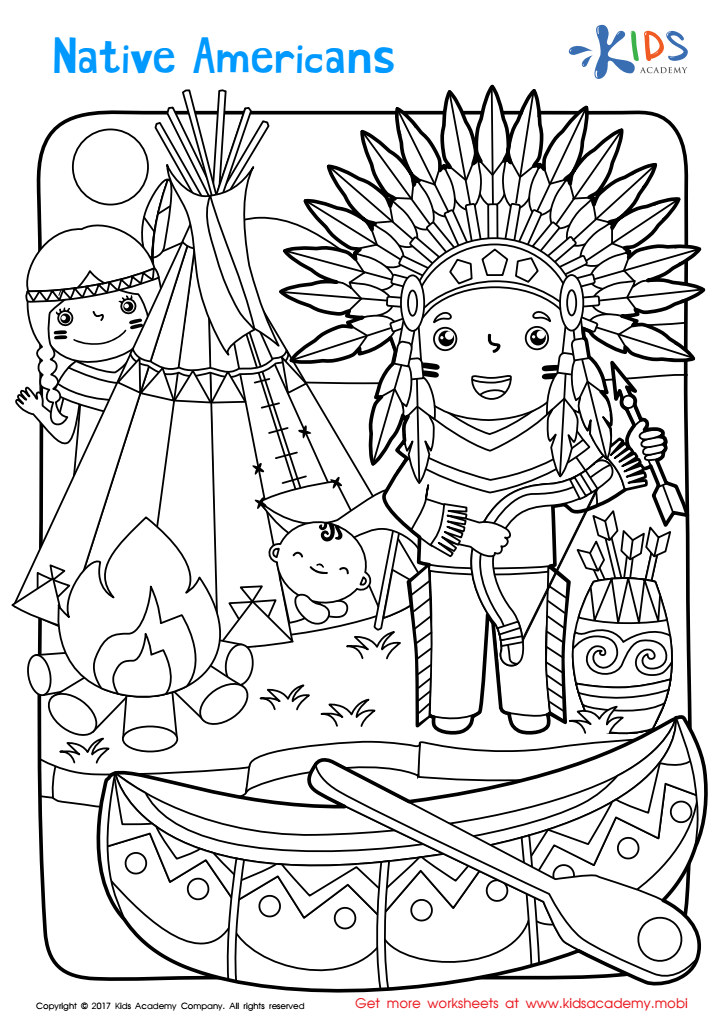

Native American Coloring Page Worksheet
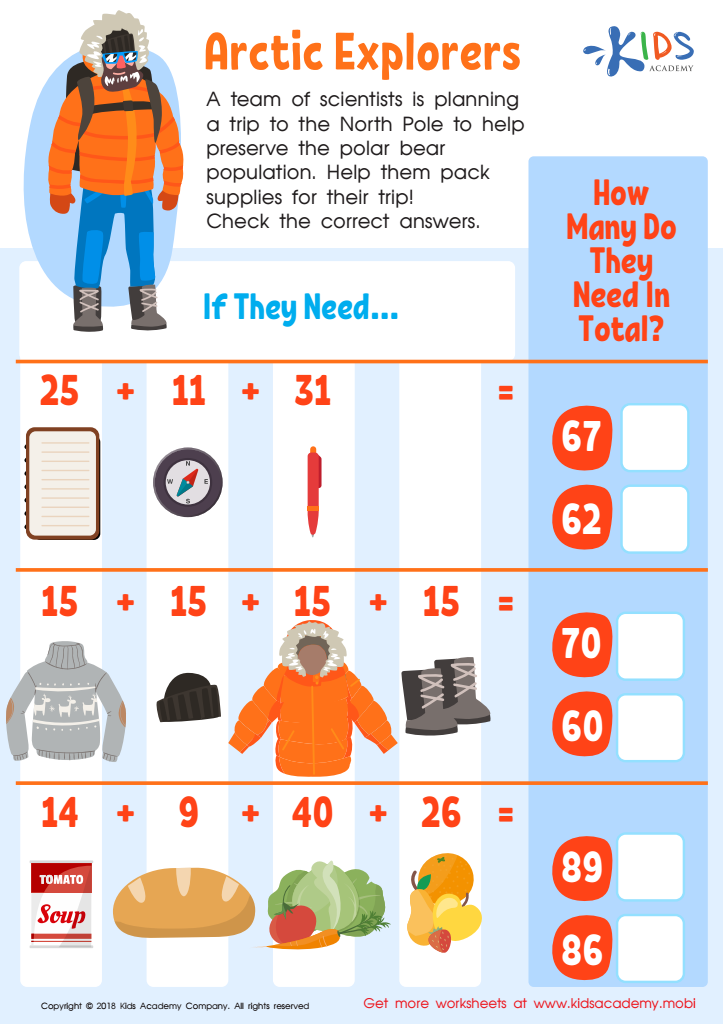

Arctic Explorers Worksheet
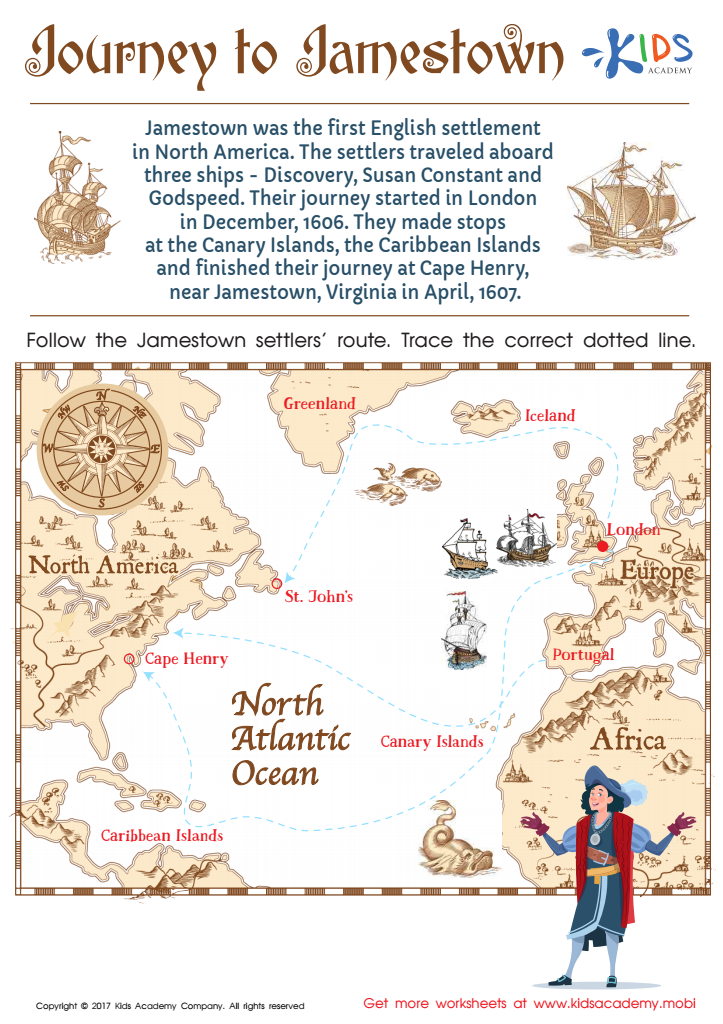

Journey to Jamestown Worksheet
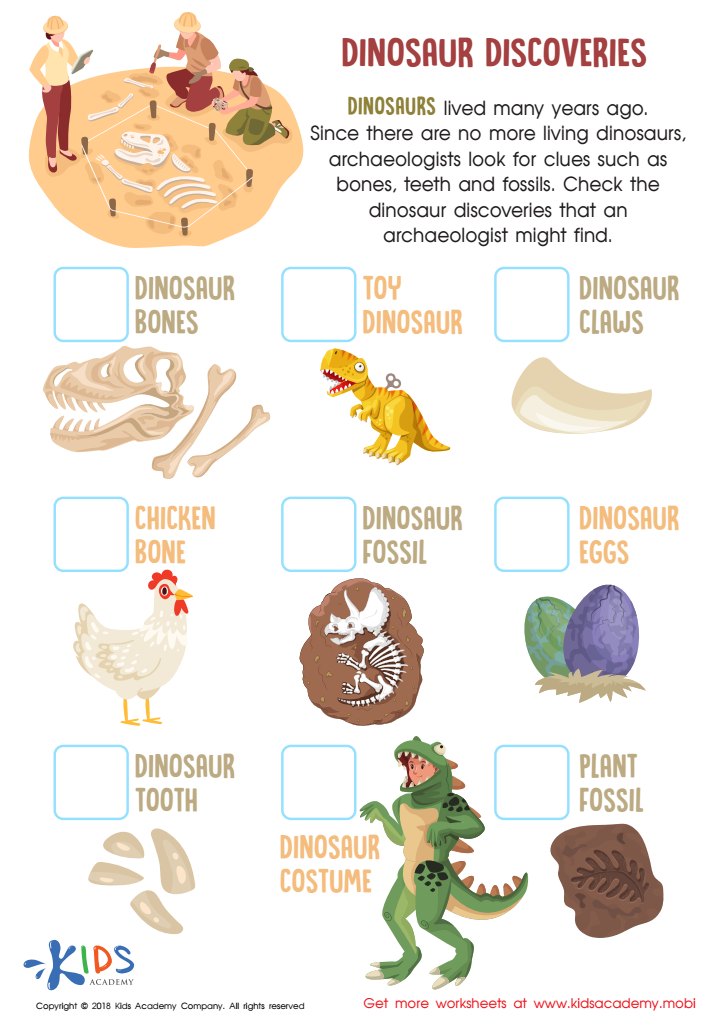

Dinosaur Discoveries Worksheet
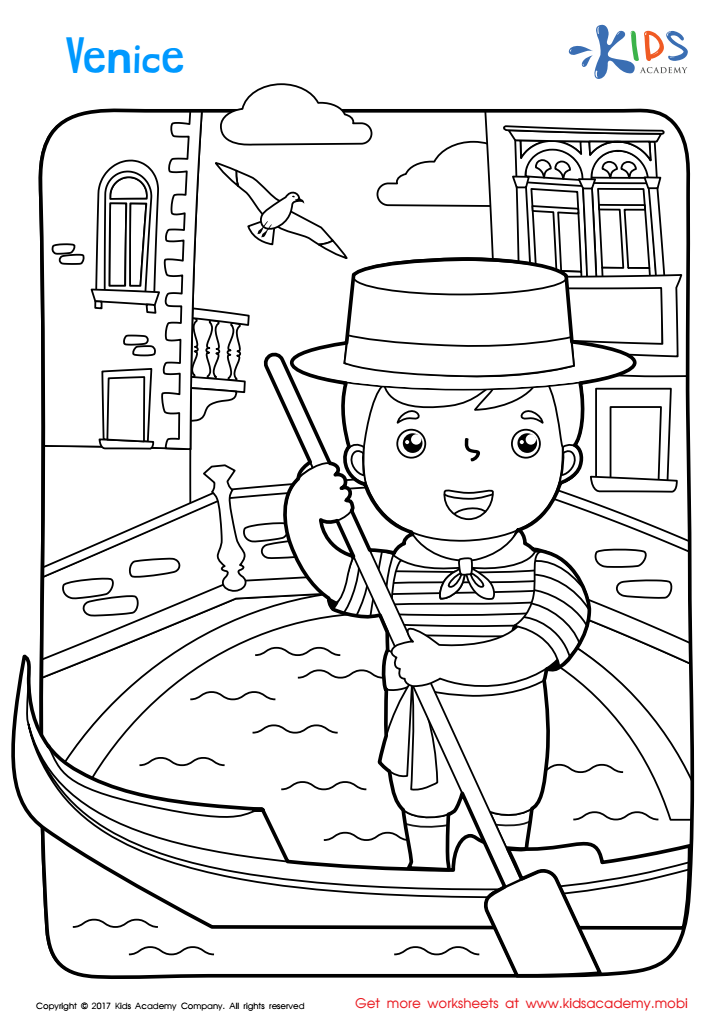

Venice Worksheet
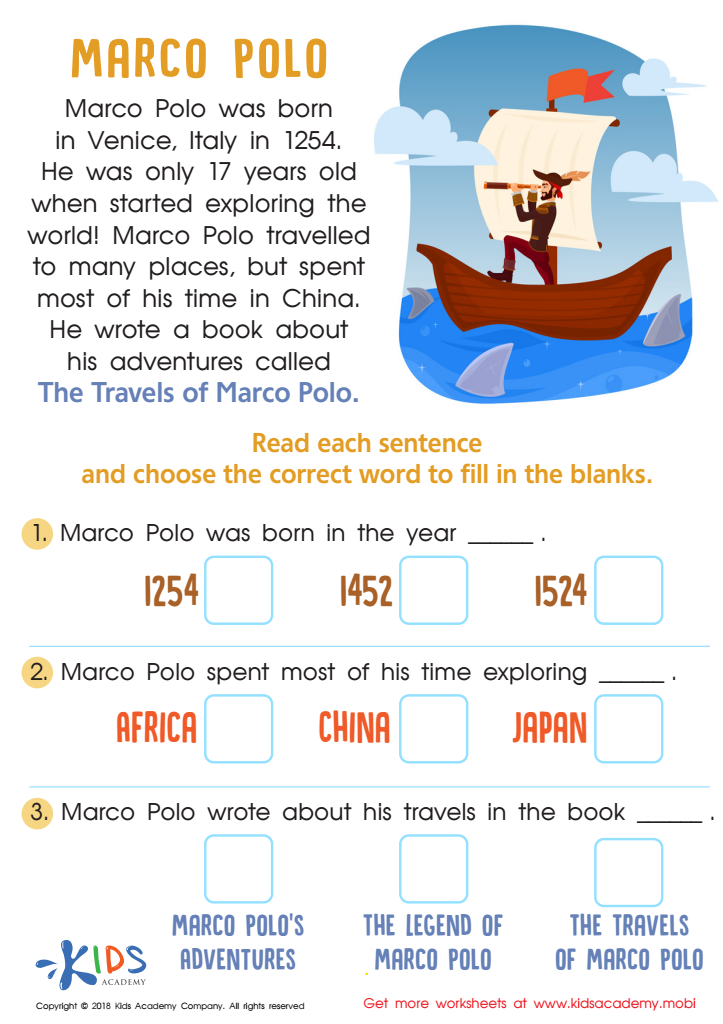

Marco Polo Worksheet
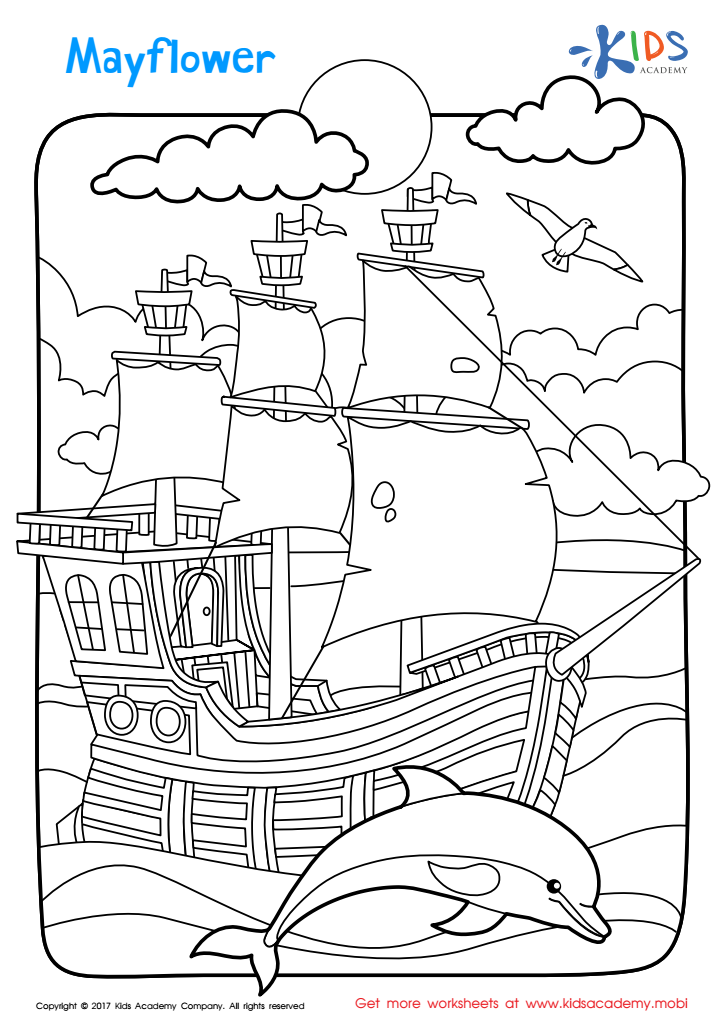

Mayflower Ship Coloring Page
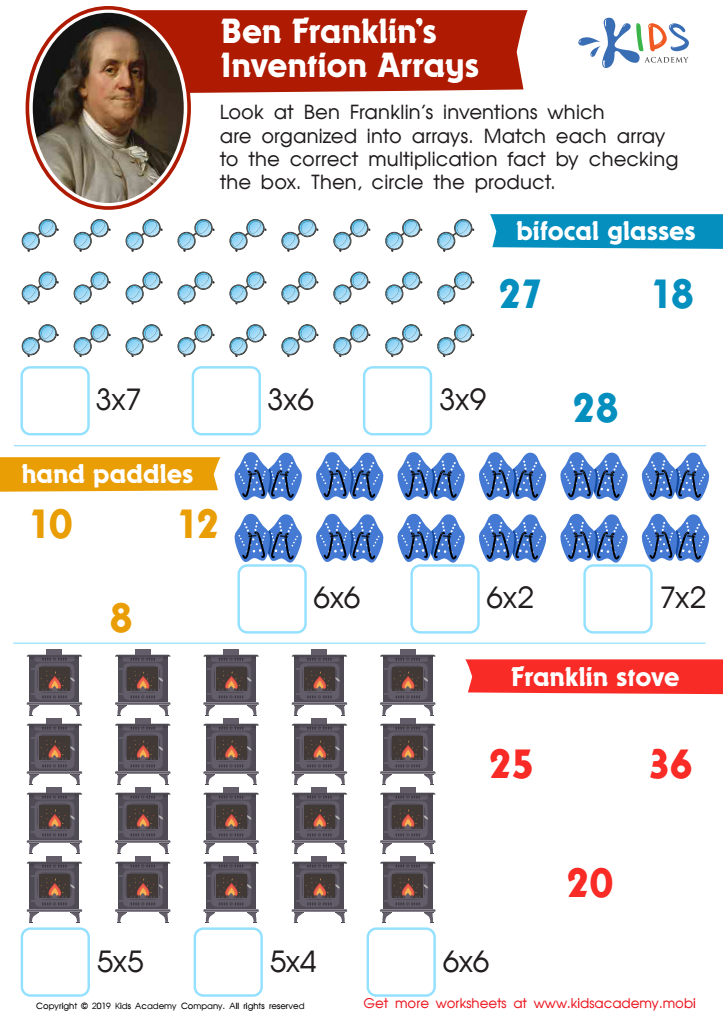

Ben Franklin’s Invention Arrays Worksheet
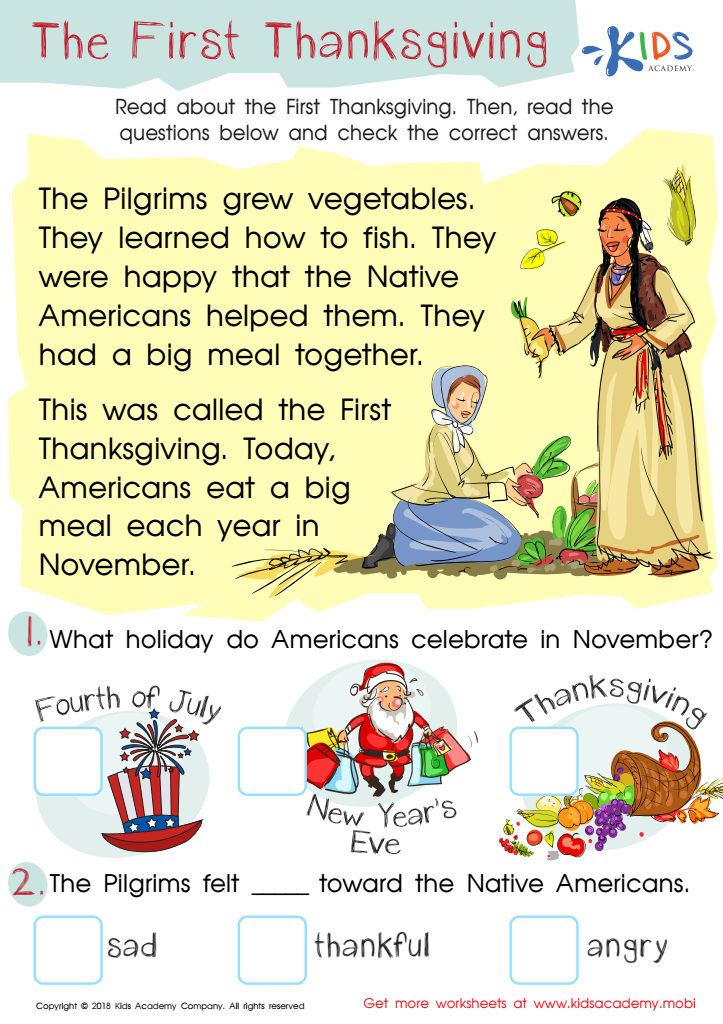

Assessment: First Thanksgiving Worksheet
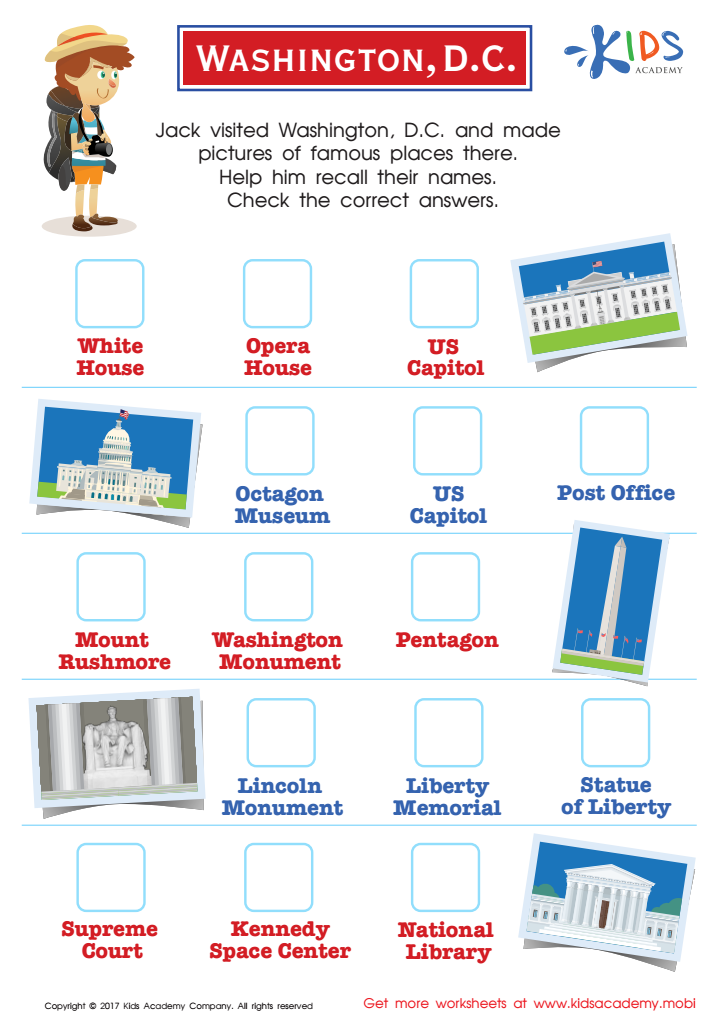

Washington D.C. Printable Worksheet
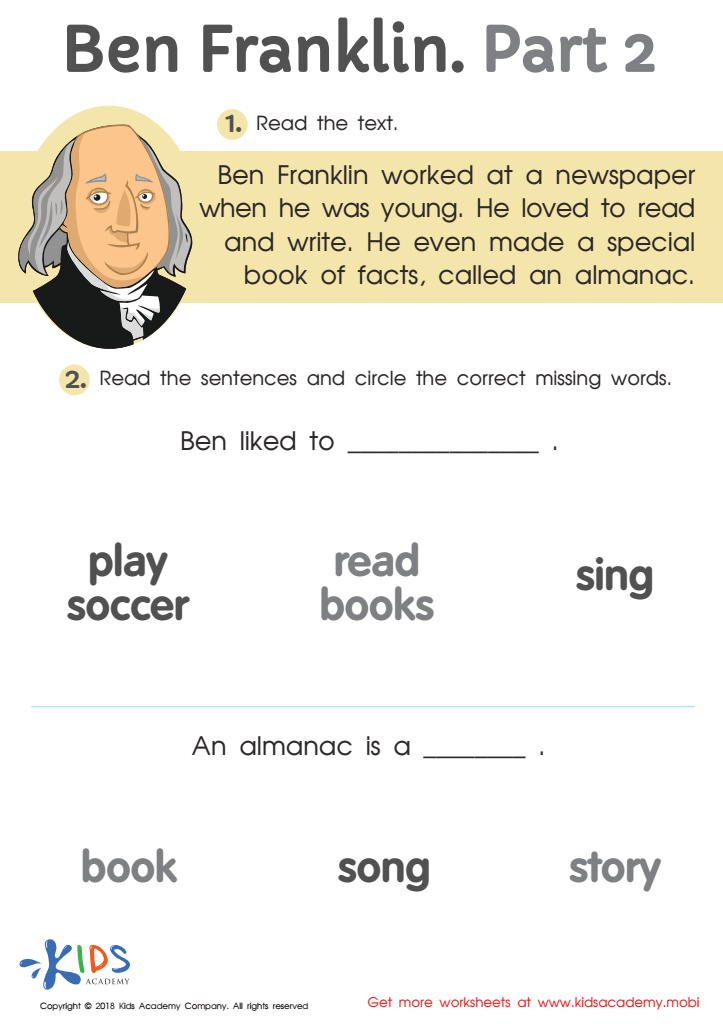

Ben Franklin Part 2 Worksheet
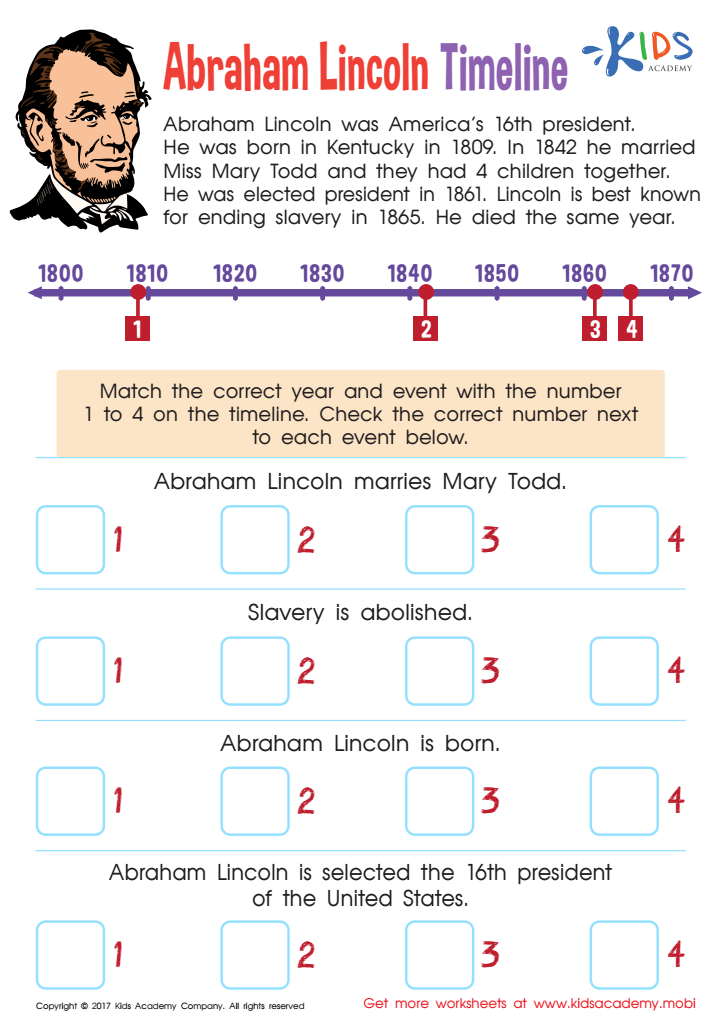

Abraham Lincoln Timeline Worksheet
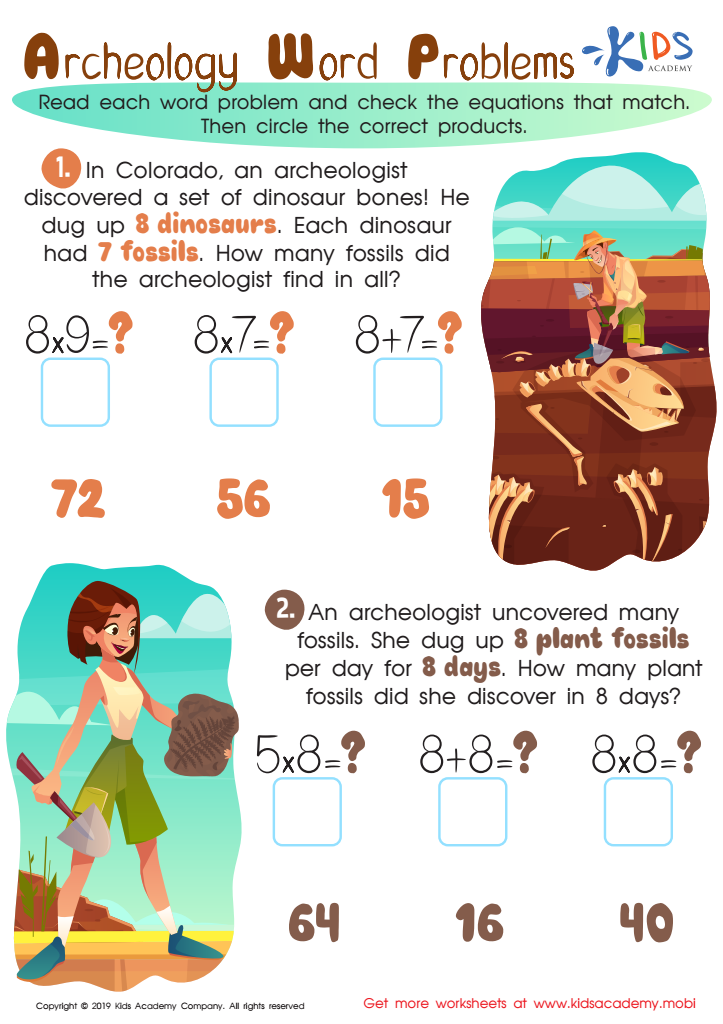

Archeology Word Problems Worksheet
Parents and teachers should pay close attention to fostering historical knowledge in children aged 3-8 because it lays the foundation for a well-rounded educational and personal development. During these early years, children are highly receptive and curious, making it an ideal time to introduce basic historical concepts in an age-appropriate manner.
Understanding history from a young age helps children develop a sense of time and chronology. They begin to grasp the difference between past, present, and future, which aids in cognitive development and critical thinking skills. Engaging with historical stories and events also hones their listening and comprehension abilities, often stimulating creativity and imagination.
Moreover, learning about significant figures, cultural traditions, and pivotal moments in history fosters a sense of identity and belonging. Children can start to appreciate diversity and realize that they are part of a larger community and world. This understanding builds empathy, tolerance, and respect for different cultures and viewpoints, essential traits in an increasingly globalized society.
Lastly, early historical knowledge cultivates curiosity and a love for learning. When children are introduced to interesting stories about the past, it can spark a lifelong interest in history and other academic subjects. By prioritizing historical knowledge at a young age, parents and teachers are setting up children for future academic and personal successes, ultimately contributing to their holistic growth.

 Assign to My Students
Assign to My Students










